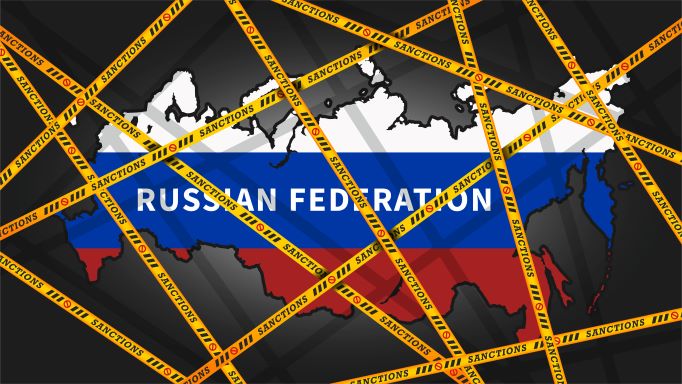On 4 May, the UK Government stated that UK professional services firms would be banned from supplying services to Russia. To many members of the Briti
On 4 May, the UK Government stated that UK professional services firms would be banned from supplying services to Russia. To many members of the British public, this may have sounded like a minor sanction. The layperson on the street may not even know what professional services even comprise.
In this article, we will set out the definition of professional services, and lift the lid on what the impact of this export ban says about the state of this important UK service sector.
What are professional services?
A professional service is not simply professionally providing any service. The word ‘profession’ refers to the technical, white-collar services such as:
- Accountancy and audit
- Law
- Surveying
- Project management
- Consultancy
Professional services jobs are generally well-paid jobs that carry prestige and status.
What makes professional services stand out from other services, like catering or teaching for example? The answer usually lies in technical expertise, which is typically paperwork-based, and acquired through a training contract with an employer, coupled with a qualification achieved through challenging exams.
A chef who has worked in a kitchen for three years could be considered highly competent, whereas an accountant who has worked as an auditor for three years will have barely reached the status of ‘qualified’ within their work environment.
Professional service workers are usually members of a body such as The Law Society, RICs, or the Institute of Chartered Accountants (England & Wales).
The output of professional services is typically subject to review of senior professionals, such that the quality of the deliverables of their qualified and unqualified staff meets a high standard.
Why are professional services to Russia being banned?
Professional service firms such as the Big Four accountancy firms and the Magic Circle law firms have a worldwide presence through their global network of member firms.
This has placed them in a difficult position as other corporates have withdrawn manufacturing from Russia or closed retail operations there voluntarily.
For a professional services firm, part of their appeal (and premium pricing) is based upon their ‘one-stop-shop’ status. By engaging with the firm, multinationals can receive expert advice sourced from local experts in almost every country around the world.
By refusing to advise Russian subsidiaries of international groups, these firms are creating a ‘gap’ in their service and refusing to fulfil a need of their client base.
While some firms announced they would sever ties with their local member firm, many have expressed scepticism over how quickly this could be achieved given the complex interdependence between member firms.
This is perhaps why the UK Government has taken action to force the hand of wavering firms and articulate what they expect of these leading UK businesses.
Why did Russia buy UK professional services?
The UK has a steeped history of providing professional services. The fact that 3 of the Big Four accounting firms are headquartered in London, UK is not a coincidence.
The quality of UK regulation, the deep existing labour pool, and the UK’s financial capital have all helped to boost professional services to be one of the gems in the British economy. Professional & business services account for 11% of the UK’s GDP and 13% of its workforce. In contrast, agriculture accounts for less than 1% of the workforce.
When companies want the best advice, they can choose to shop around countries and only work with who they perceive to be the most diligent and trusted advisers. Therefore, the Government feels this sanction could be keenly felt by companies operating in Russia who have previously imported professional services to help them navigate a complex business environment.



















































































































COMMENTS